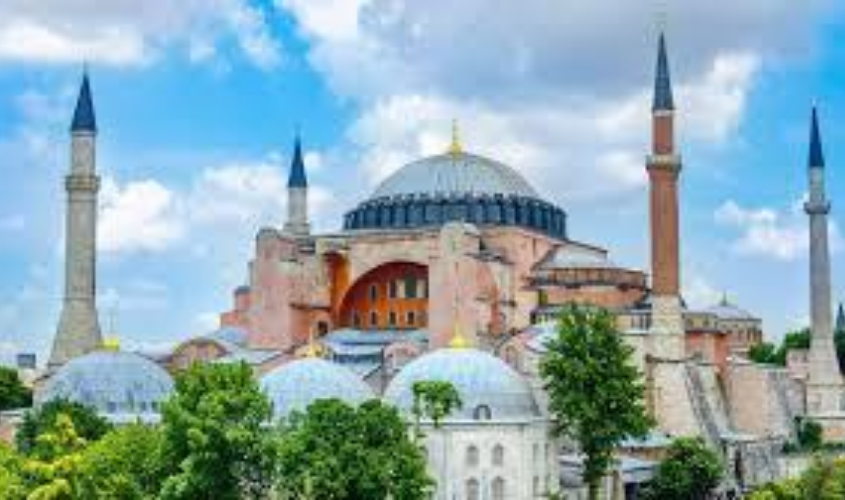Erdogan is on a relentless drive to convert Turkey into another Pakistan.
A generation ago, this columnist used the edit page of the Times of India to suggest that the cultural DNA of every citizen of India (indeed, every South Asian) was a compound of the Vedic, the Mughal and the Western. There is more than a tinge of the ancient traditions of India in several of the practices of the Muslims of India, just as there is much of the Mughal in the dress, diet and deportment of those who emphasize their Hindu identity. The overlay of the centuries of contact with western civilisations weighs across the population spectrum, and it is the fusion of the three streams that have made the ethnic Indian such a valuable citizen wherever she or he settles down. In the US, the UK, South Africa or elsewhere, those of Indian descent—cutting across faiths—are near the top in terms of education and attainment. Sadly, despite freedom in 1947, education in India still
Driven by a relentless drive to convert Turkey into another Pakistan, a Zia-ul-Haq model state where freedoms are extinguished, President R.T. Erdogan has converted a Wonder of the World, the Hagia Sophia at Istanbul, into a mosque from a museum dedicated to inter-faith harmony. Erdogan ought to have remembered the example set by Caliph Omar at Jerusalem in 637 AD, when he prayed outside the Church of the Holy Sepulchre in Jerusalem because he was anxious that praying inside may cause his followers to seek to convert it into a mosque. “Leave them to practice in peace” was the edict given to those eager to follow the message of the Holy Quran. This is that “there is no compulsion in religion”, as Mohammad Alsherebi has explained while detailing why he, a devout Muslim, would never pray at the Hagia Sophia. Alsherebi’s refusal to follow Erdogan’s exclusivist and supremacist path is increasingly gaining ground in the Muslim world, including in Arab countries, where new churches and even a few temples have come up as symbols of the tolerance and compassion enjoined on Believers. Why should a religion that numbers more than a billion followers worldwide (half of them in the subcontinent), and which is the fastest growing faith in Europe, feel insecure in the manner Wahhabis seek to inculcate ? Instead, what is needed is modern education, especially among Muslim women, who in several parts of the world are demonstrating excellence. Ultimately, it is the empowerment of women that defines whether a society is just or not, and the surest path to this is modern education. The launch of a Mars mission by the UAE is a welcome sign that the GCC may be moving towards shifting gears in its educational mindset from a 19th to the 21st century track that is essential for the youthful population of that immensely important grouping to thrive.
Hagia Sophia had long been a symbol of the harmony between faiths. Those having the mindset that destroyed the Bamyan Buddhas or reduced through expulsion and conversion religious minorities in Pakistan (and to a lesser extent in Bangladesh) to very low numbers need to understand the Zeitgeist of the 21st century and adjust with it, rather than wage war on it in the manner that they persist in doing, including in Turkey. This is especially so in view of the global pushback against Wahhabism by the Muslim community, with even the Crown Prince of Saudi Arabia coming out against the 300-year old doctrine that was first made use of by the British against the Turks in the Arab lands, later by the US and the UK against Arab nationalists such as Ahmed Ben Bella and Gamal Abdel Nasser, and finally by the US to create a militarised Wahhabi force designed to take on the Soviet invaders from Afghanistan, but which later disseminated across the world to spread terror and misery in multiple locations. President Erdogan has moved Turkey away from its longstanding path of religious tolerance, and seems set on continuing in this task as long as he remains the master of Turkey. Only harmony between the faiths can result in a better world, and for this to happen, religious intolerance and efforts at supremacy in any form or faith must be countered.

